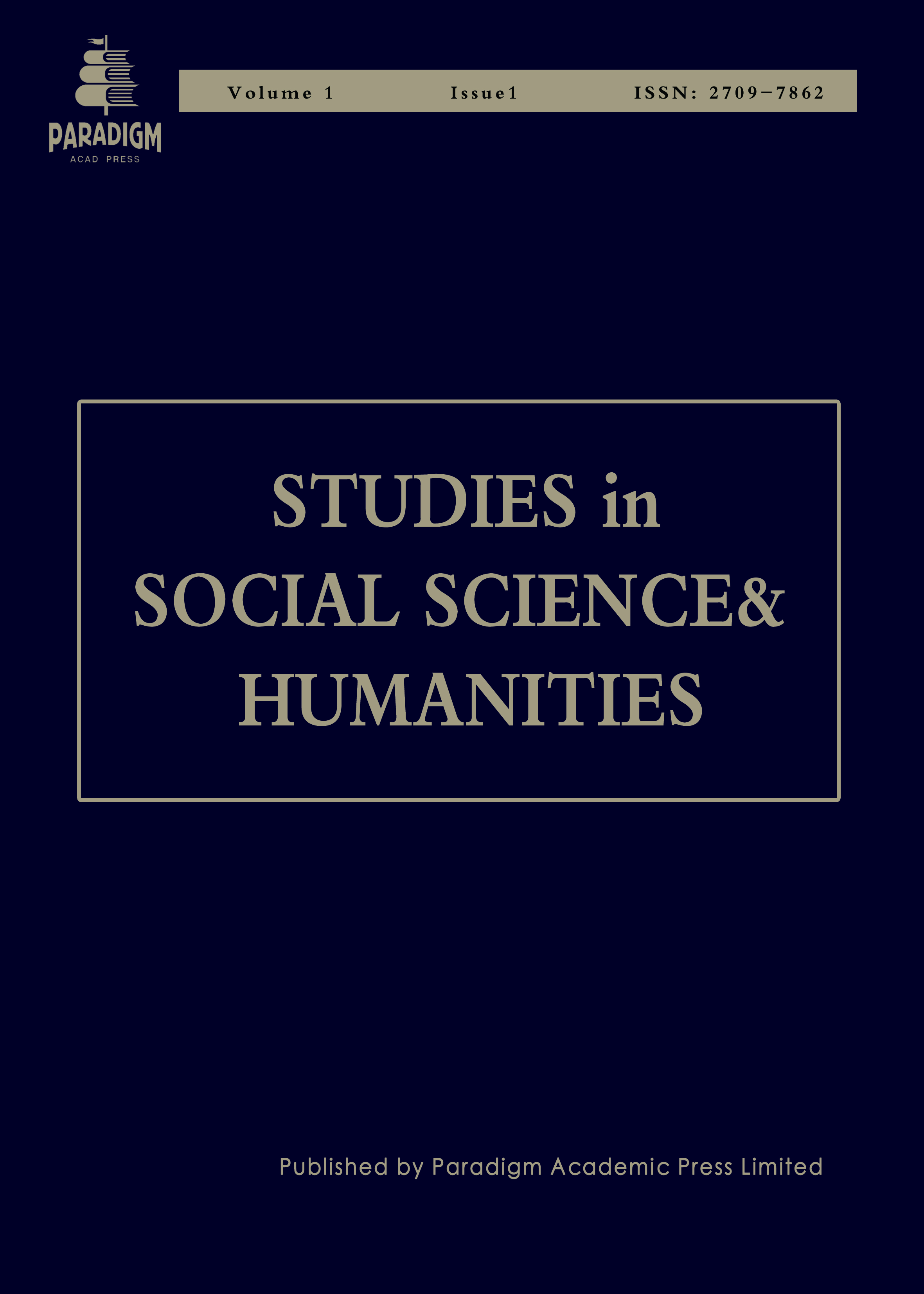Straussian Grounded Theory: An Evolved Variant in Qualitative Research
Keywords:
qualitative research, grounded theory, Straussian version, ontology, epistemologyAbstract
Grounded theory (GT) has emerged on the basis of different ontological and epistemological assumptions and is considered as a popular research approach in many branches of social science. Two American social scientists; Barney Galland Glaser (1930-2022) and Anselm Leonard Strauss (1916-1996) have founded it in 1967. Since the start of grounded theory in social science researches in 1967; more than 50 years have passed, and it has been using in many branches of social science, such as in nursing, healthcare, physiotherapy, education, economics, anthropology, sociology, political science, psychology, etc. Straussian grounded theory is a very well-known qualitative analysis in the world, and it explores dynamic and new phenomena. Straussian grounded theory researchers do not build their research on prearranged hypotheses; instead, they develop theory of wellbeing for the humanity from the collected data of the reality. In this article an overview and significance of Straussian grounded theory for the qualitative research method has been discussed. This article also provides an understanding about the Straussian grounded theory approach for the novice researchers.


